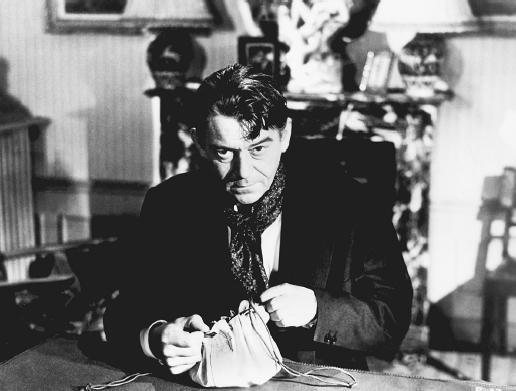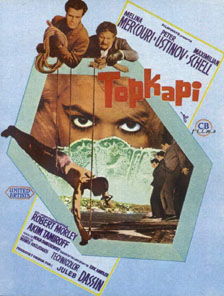Delving
A few weeks ago, at the Film Festival, Josh mentioned how he had signed up for Netflix and had been ordering some unique, rarely seen films. I’ve been doing the very same, leading me to write up this post. If he so desires, maybe he can pitch in and mention some of the ones he’s ordered recently. A couple of mine:
The Bad Sleep Well – by Akira Kurosawa
This lethargic film centers on the subject of government corruption and revenge. It also features one of my favorite actors, Toshiro Mifune. Unfortunately, it tends to favor long-winded dialogue scenes and thickly veiled political drama over the kinetic atmosphere of other Kurosawa works. Mifune, for that matter, delivers one of his quietest performances. Yet, I still enjoyed the film, despite its length and sluggish pace.
Basically, the story revolves around the son of a man killed by a corrupt government contractor, and in his quest for revenge, he begins gaslighting the men behind his father’s death. This aspect is fun and at times genuinely chilling. Without divulging any spoilers, I have to credit Kurosawa for handing out one of the most shocking and depressing endings I’ve ever seen. Kurosawa was always a man who believed in the meek hero fighting against an insurmountable foe, but the turn he takes herein is both dark and telling.
Rififi – by Jules Dassin

Having set out to write a heist/crime film, I determined it was in my interests to view the original heist drama. Lauded by generations of filmmakers as being the genesis of the heist formula, Rififi follows a gang of thieves as they set out to rob a jewelry store. Surprisingly, the heist itself is fairly pedestrian (at least, compared to the complex set pieces featured in films like The Italian Job and Oceans 11). All it really involves is breaking into the store from the apartment above, disabling the alarm and cracking the vault. But the eloquent, professional fashion in which it is carried out (through 30 tense minutes of absolute silence) elevates it above any other heist sequence.
Beyond that, the film is actually a stark commentary on blacklisting in Hollywood, which drove Dassin to France where he produced this project. The violent dissolution of the crew and the price each member pays for betraying one another stands as a strong commentary on Dassin’s own troubles and the desperation that draws the film’s lead into the heist also seems to reflect the desperation that drew Dassin to this project.
The film is surprisingly bleak. And yet, the pacing is superb. As the film grew bleaker, my interest only grew.
Next up – Topkapi:

Also directed by Jules Dassin, Topkapi serves as the counterpoint to Rififi. Whereas Rififi was the first heist flick, Topkapi stands as the prototype of the caper film, having been birthed in the colorful 60’s. I’ll chat a little bit more about this one when I watch it. Apparently it’s just as influential as Rififi, leading to the bubbly caper flicks of today, as well as Brian DePalma’s Langley Heist from Mission Impossible.
No comments:
Post a Comment